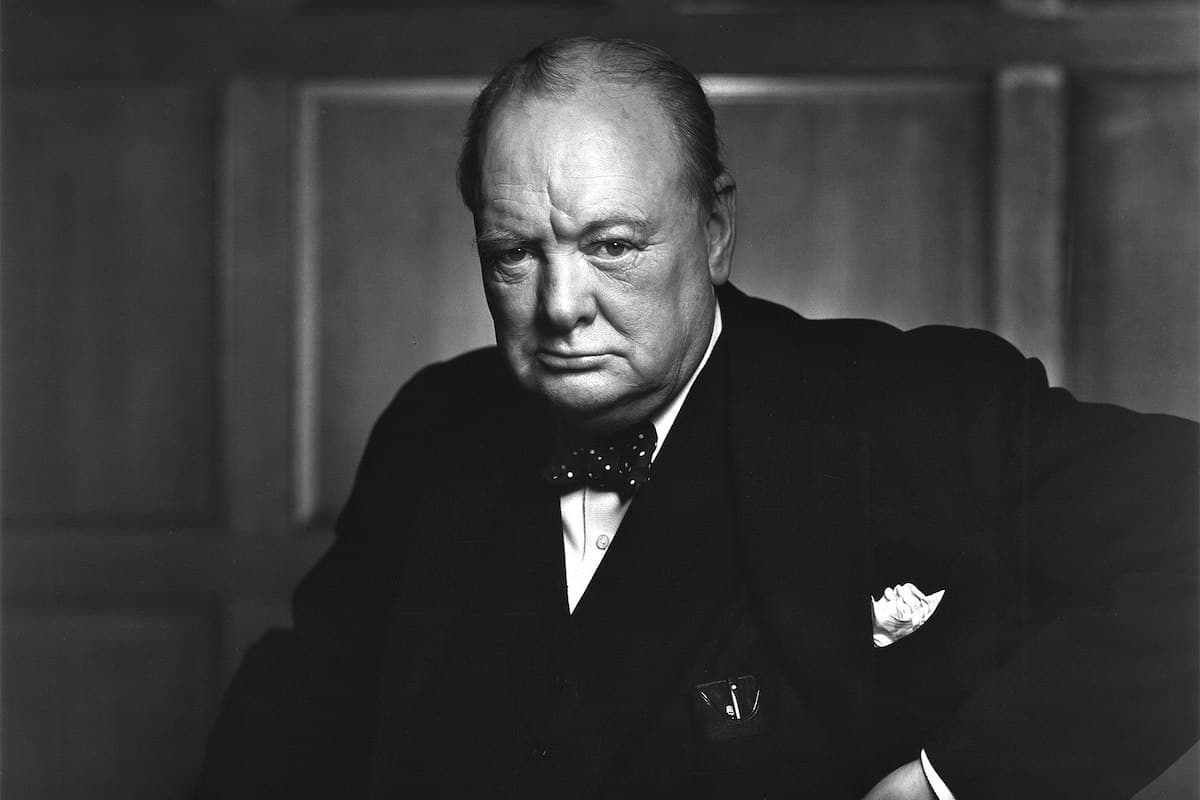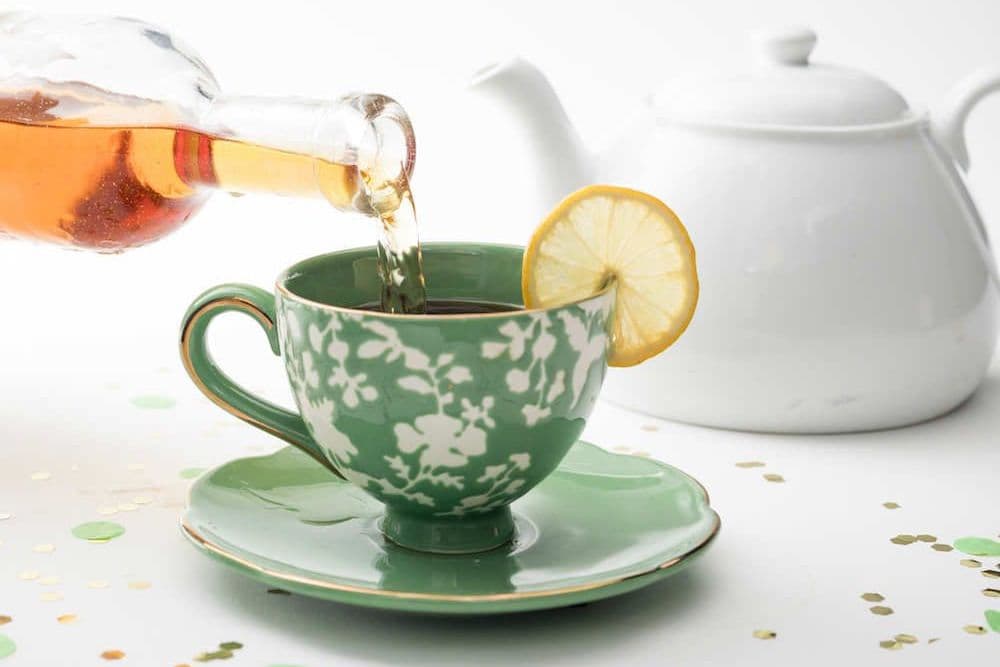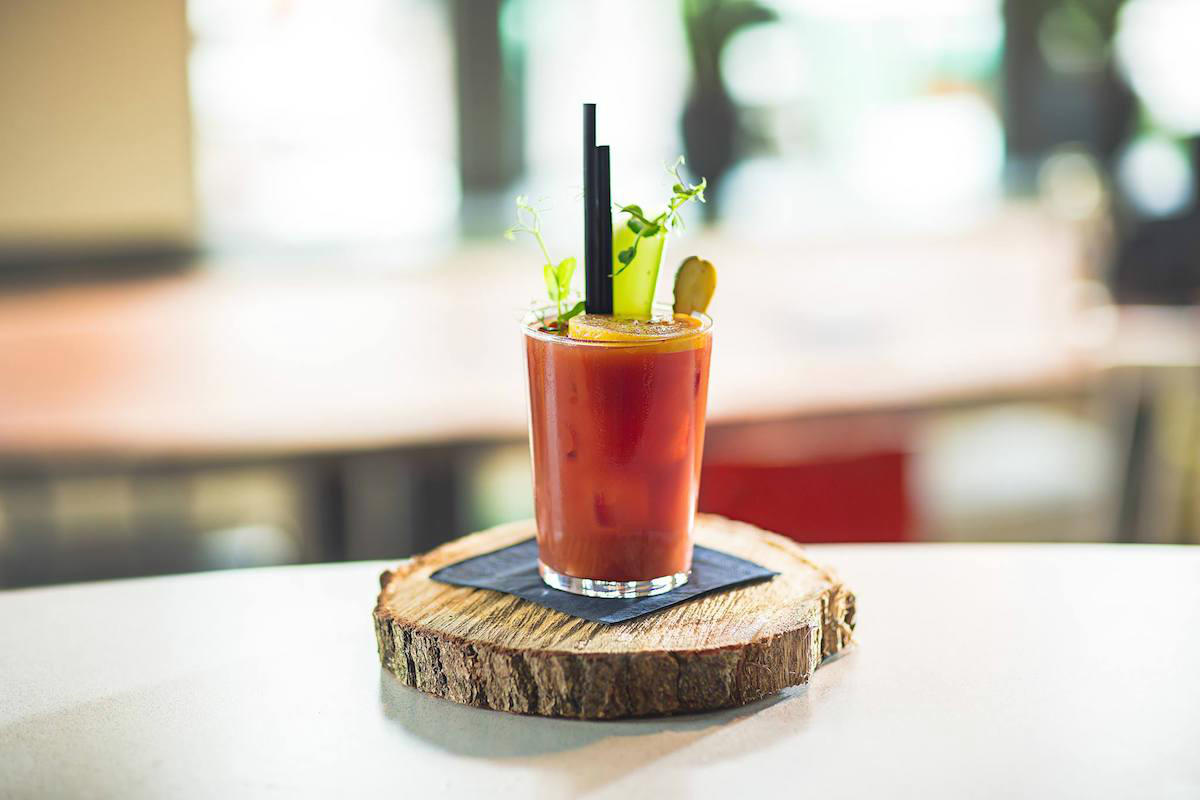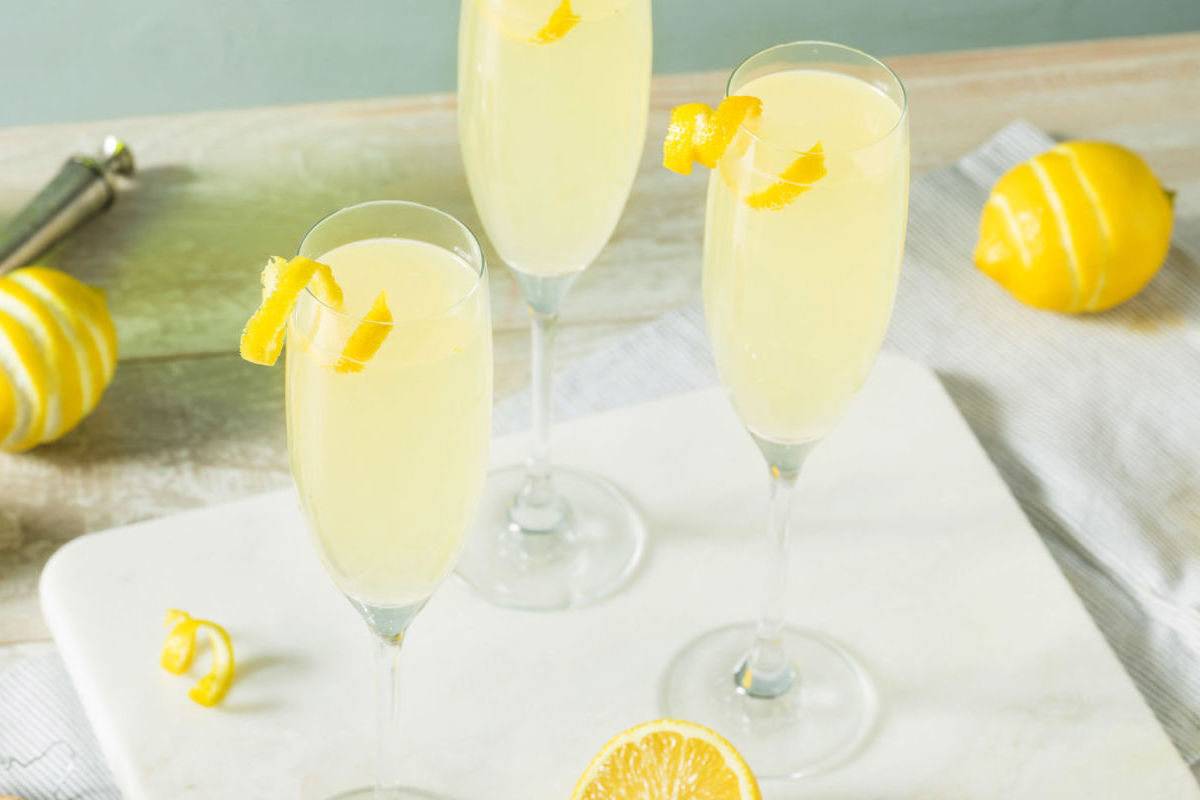When the Northeast United States went into lockdown earlier this year, it felt like the right time to pick up “Churchill: Walking with Destiny,” a 982-page biography of the larger-than-life statesman published in 2018 by British historian Andrew Roberts.
Naturally, I began each reading session with a drink in hand. Most often I’d make a bone-dry Martini, to honor the drinking habits of the book’s subject. But I was surprised to see that among the many mentions of Churchill’s relationship with alcohol, the Martini was referenced just once, in the context of a 1941 visit by the Prime Minister to the White House. The book notes that FDR made gin Martinis each night, but not for Churchill, who considered the drink “filthy.”
Gin itself was absent from the catalog of spirits that Churchill regularly consumed, which included much wine, Champagne, brandy, and Whiskey Sodas.
Could this be the same Churchill who would famously mix a Martini with nothing but ice-cold gin and either “observe the vermouth from across the room” or “bow in the direction of France,” as the oft-quoted lines go? And, come to think of it, where did those supposed quotes even come from in the first place?
Churchill: Not a Martini (or Gin) Drinker
I emailed Roberts to ask if he’d uncovered evidence that those lines were ever said, and whether the man even enjoyed Martinis—or gin. Roberts replied to say that he hadn’t found evidence of the quotes, that Churchill didn’t care for FDR’s cocktails, and that the PM didn’t appear to be a gin-drinker.
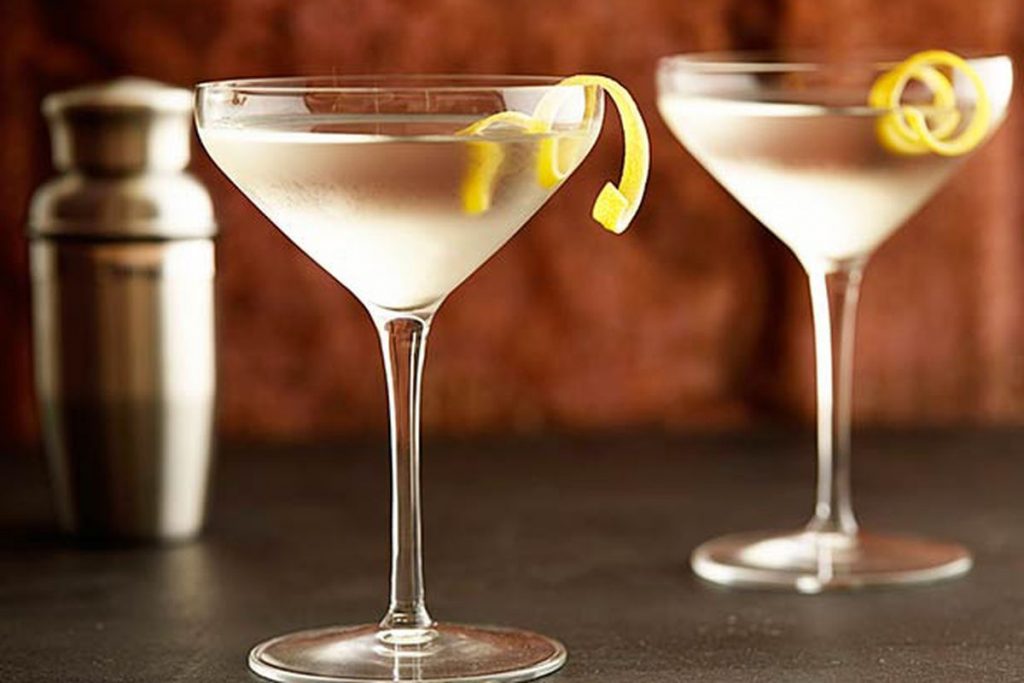
For further research, Roberts pointed me in the direction of Richard Langworth, an American writer and historian who serves as the Senior Fellow of the Hillsdale College Churchill Project. Langworth has complied an 80-million-word digital database that contains every one of Churchill’s published words, as well as every memoir or biography written about the man. In short, if Churchill said it—it should be in there.
“That quote is pure fiction,” Langworth told me via email, referring to Churchill’s Martini-and-vermouth line and its variants. The historian chalks it up to the phenomena of “Churchillian Drift,” in which quotes that may have been said by others are erroneously assigned to the British Prime Minister and become cultural canon over years of repetition.
Aside from debunking the quote, Langworth threw additional cold water on the romance of Churchill, the Martini-drinker.
“He didn’t really like Martinis. He put up with FDR’s in the White House because they were the President’s ritual (far too much vermouth, too). But he was once observed dumping one into a flowerpot.”
Churchill’s actual ambivalence toward gin has attracted myths, too.
“There was a spurious rumor that Churchill once paid his liquor bill but refused to pay for his wife’s gin—another canard. Their grandson told me that Lady Churchill didn’t drink gin; Her favorite tipple was Dubonnet,” says Langworth.
Churchill Avoided Cocktails Altogether
By this point, it seems that “The Churchill Martini” can be safely dismissed as apocrypha. But did Churchill drink cocktails of any kind?
“None,” replies Langworth. “He shunned cocktails or mixed drinks. He heavily watered his scotch (but not his brandy). His daughter once poured me what she called a ‘Papa Highball.’ It consisted of enough scotch to cover the bottom, the rest water. His former private secretary, Jock Colville, described it as ‘scotch-flavored mouthwash.’ He began doing this as a young man in Africa to purify his water. Pretty awful, really.”
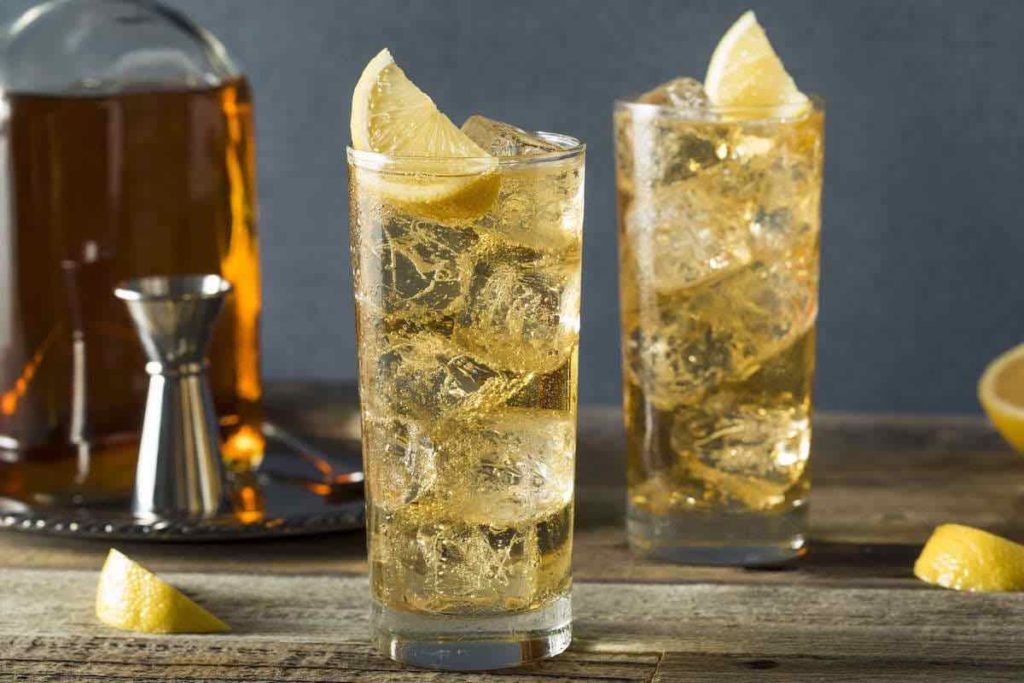
Despite these warnings, curiosity compelled me to fix a “Papa Highball” myself, pouring just enough White Horse blended scotch to cover the bottom of my rocks glass (about a quarter ounce) and filling it up with soda water. To my surprise it was… not bad! It imbued the water with a faint but detectable smokiness and a mellow trace of wood. Perhaps most importantly, it allowed me to sample the aspects I most appreciate about scotch while feeling refreshed and attentive for the remainder of the workday.
Was Churchill a Heavy Drinker?
Just sipping this micro-ABV dram seemed to dispel another myth: that Churchill was a drunk. What kind of alcoholic mixes anything so weak?
Roberts notes that Churchill’s enemies, including Hitler and Nazi propaganda chief Josef Goebbels, slurred the PM as a lush. But he says the perception is also rooted in “The fact that [Churchill] could and did drink a lot. But he had a rhinocerine capacity for alcohol.”
In addition to his legendary tolerance, Churchill approached drinking as a long-distance marathon, never a sprint.
“He ordered his private secretaries to ensure that his whiskies and soda were very weak, so that although people watched him drinking from 6pm till very late, it was mostly soda,” Roberts says.
No matter how you take your scotch, consider raising your next glass to that champion of freedom, scourge of fascism, and most moderate of committed drinkers. Or if you’d prefer to do so with a Martini, I’m sure he wouldn’t mind—just don’t quote him.
